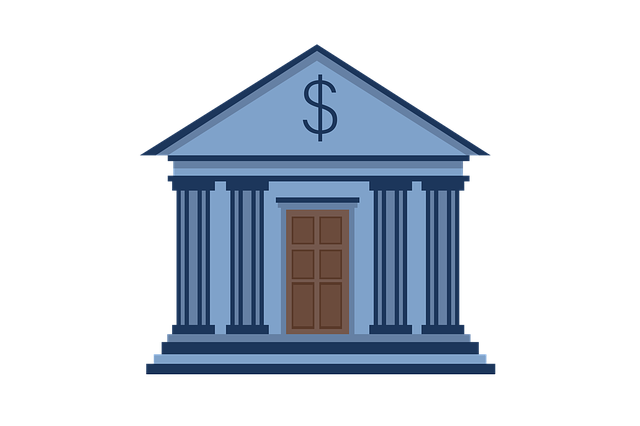Defaulting on a Texas title loan leads to severe legal and financial consequences, including repossession, lawsuits, higher fees, damaged credit scores, and limited future lending opportunities. Both lenders and borrowers face significant risks, emphasizing the importance of responsible borrowing practices.
In the state of Texas, understanding the pros and cons of defaulting on a title loan is crucial for borrowers navigating this form of secured credit. This article delves into the multifaceted consequences of default, exploring key aspects like legal ramifications, the impact on credit scores, and the repercussions for lenders. By examining these factors, individuals considering or currently entangled in Texas title loans can make informed decisions, mitigating potential long-term effects and understanding the full spectrum of defaulting’s consequences.
- Legal Ramifications and Legal Action against Borrowers
- Financial Impact on Credit Score and Future Loan Opportunities
- Lender Consequences and Reputational Damage for Borrowers
Legal Ramifications and Legal Action against Borrowers

When a borrower defaults on a Texas title loan, it triggers a series of legal ramifications and potential actions by the lender. In Texas, title loans are regulated by state laws, which outline the rights and responsibilities of both parties involved. If a borrower fails to make payments as agreed upon, the lender can initiate legal proceedings to repossess the secured asset, in this case, the vehicle’s title. This process is designed to recover the outstanding debt and may result in significant financial consequences for the borrower.
The legal action against borrowers can include filing a lawsuit for breach of contract, seeking judicial foreclosure, or taking possession of the vehicle through repossession. During these legal actions, borrowers might face additional fees, court costs, and potential impoundment of their vehicles. It’s crucial to understand that defaulting on a Texas title loan can impact credit scores and future borrowing capabilities, as lenders may be less inclined to offer loans or credit to individuals with a history of non-payment, including those associated with truck title loans or no credit check alternatives.
Financial Impact on Credit Score and Future Loan Opportunities

Defaulting on a Texas title loan can have severe financial consequences for borrowers. One of the most significant impacts is on their credit score, which can plummet due to the default status. This negatively affects future loan opportunities as lenders will be hesitant to offer credit to individuals with a poor credit history. The title loan process involves a thorough assessment of an applicant’s creditworthiness, and a default event could result in immediate rejection from other financial institutions.
Moreover, missing payments or failing to repay a Texas title loan can lead to repossession of the secured asset (in this case, the vehicle). This not only ends up costing the borrower more money due to potential penalties and fees but also disrupts their emergency funding plans. It’s crucial for borrowers to understand that defaulting on such loans isn’t just about the immediate financial loss; it can create a long-term impact on their financial stability and access to future credit.
Lender Consequences and Reputational Damage for Borrowers

When a borrower defaults on a Texas title loan, the consequences for lenders and borrowers alike can be severe. Lenders typically repossess the secured asset, in this case, the vehicle, and may incur additional costs associated with the foreclosure process. They also face reputational damage as defaulters are often added to credit reports, reflecting poorly on their business practices. This can deter future customers and impact their market standing.
For borrowers, the repercussions are significant. Besides losing Vehicle Ownership, which can be a substantial emotional and financial blow, they may also face legal actions from lenders. Interest Rates can escalate during the default period, adding to the overall debt burden. The borrower’s credit score is likely to suffer, making it more challenging to secure future loans or favorable financing options.
Defaulting on a Texas title loan comes with significant consequences, impacting both borrowers and lenders. Legal repercussions, including potential lawsuits, can arise from non-payment, while the financial effects on borrowers’ credit scores may hinder future loan opportunities. For lenders, reputational damage is a real concern, as default rates can reflect poorly on their business practices. Understanding these pros and cons is crucial for making informed decisions regarding Texas title loans and mitigating potential negative outcomes.






